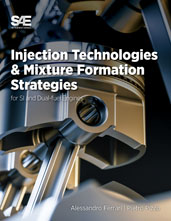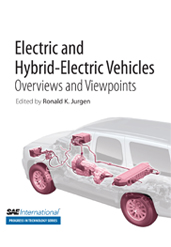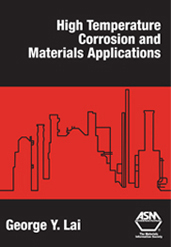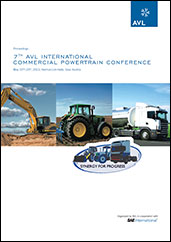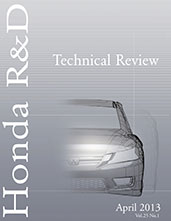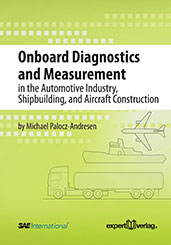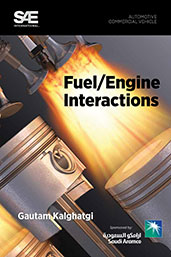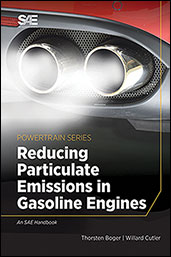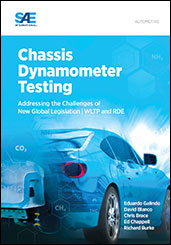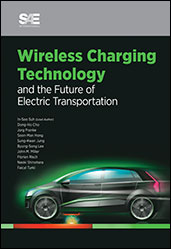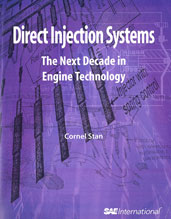Book

Honda R&D Technical Review October 2021
2021-10-01
Honda R&D Technical Review is a periodical containing research papers related to Honda R&D Center activities worldwide that cover automobiles, motorcycles, power products, aircraft engines, and other fundamental technologies. Honda Motor offers a book for the October 2021 issue with 77 pages containing 7 papers focusing on the following latest topics: Simultaneous Reduction of NOx and Smoke by Divided Diffusion Combustion Using High Dispersion Staggered Layout Nozzle Reproduction of Engine Torque Fluctuation with Low Inertia and High Stiffness Dynamometer Comprehensive Study of Solvents for Wet Process Applied to Sulfide-based All Solid State Battery
